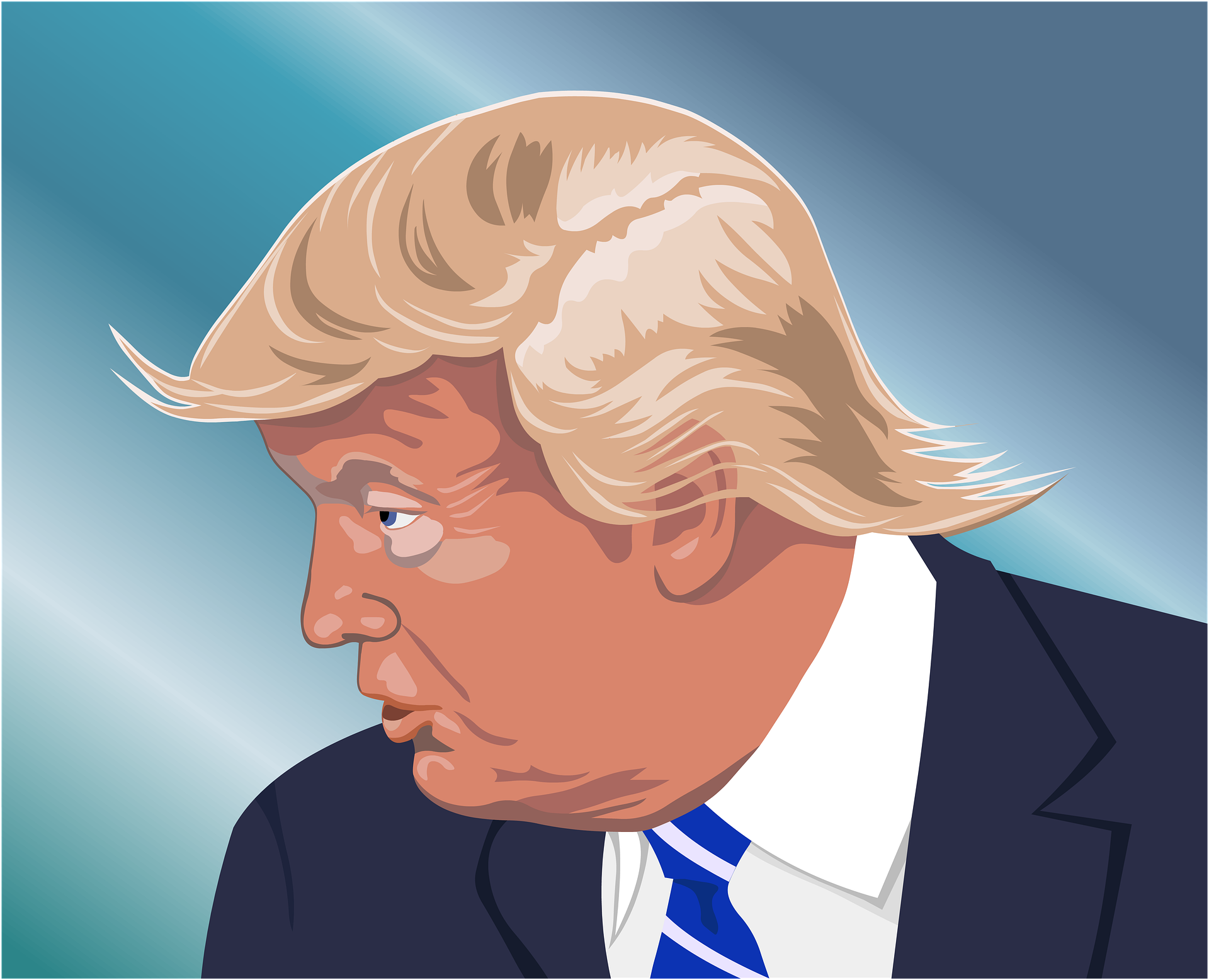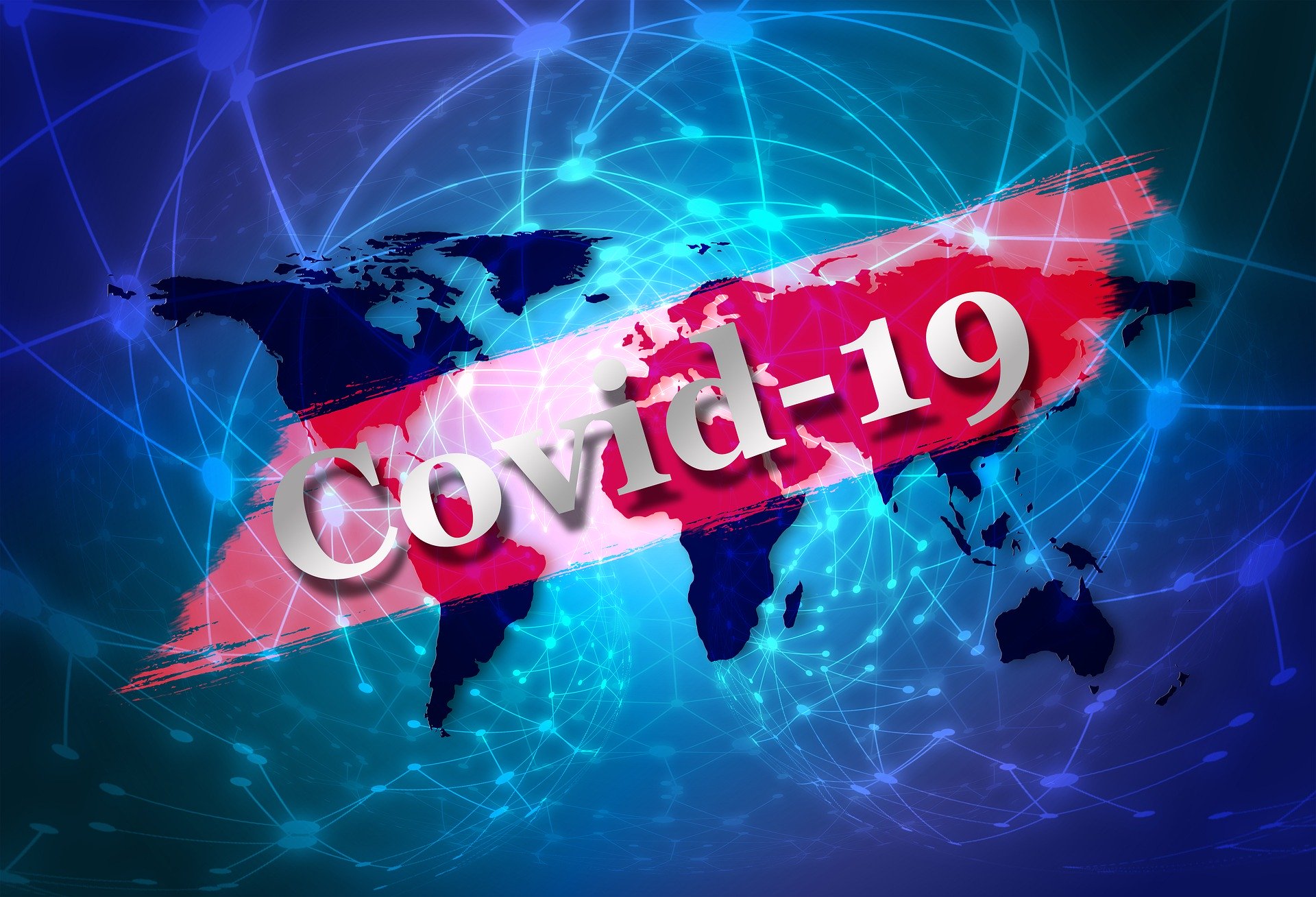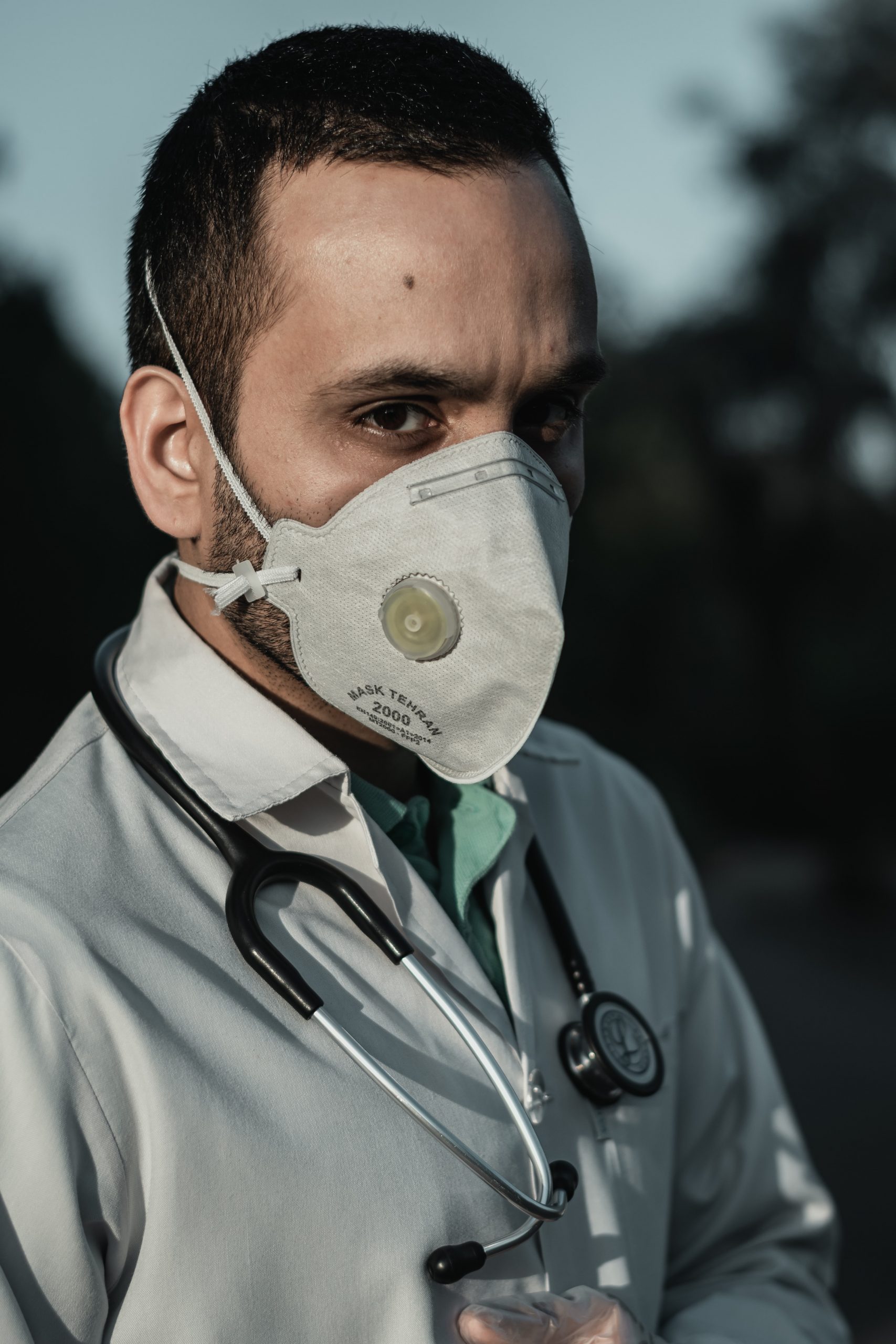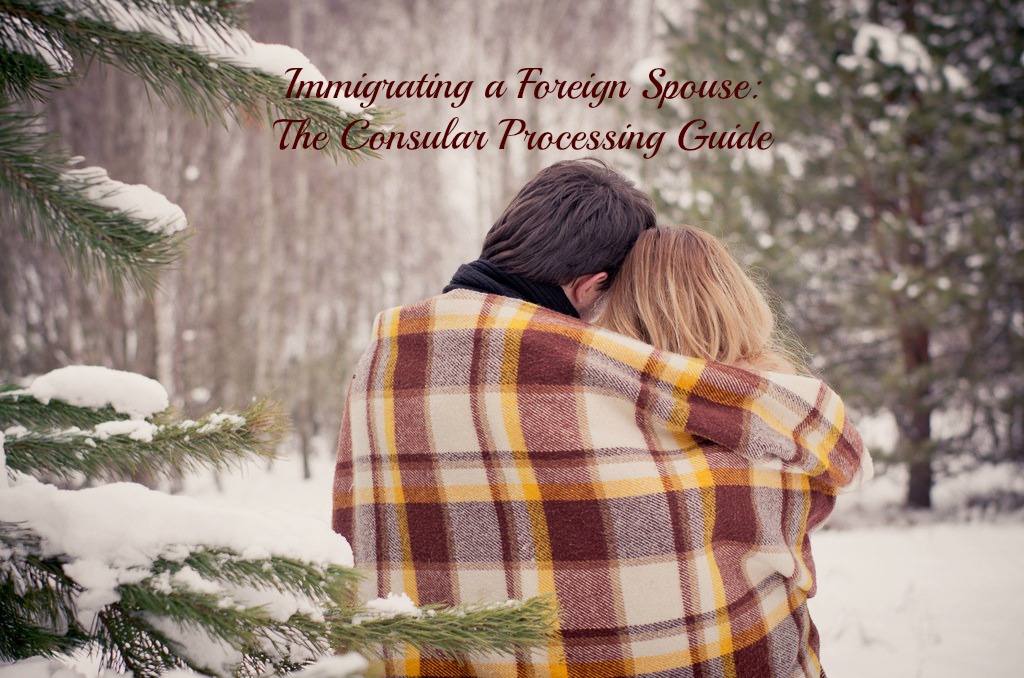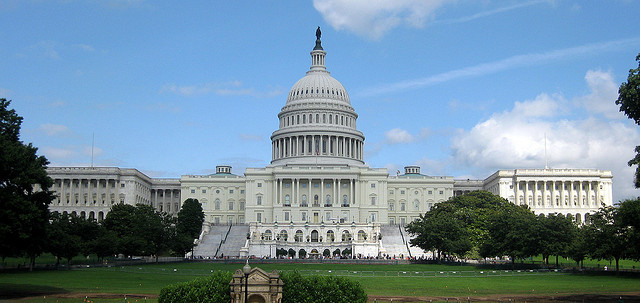New rumors are yet again circling regarding the possibility of a future executive order banning the entry of certain non-immigrants from the United States. An official speaking on condition of anonymity has fueled these rumors divulging information that the Trump administration is getting ready to issue a new executive order that would temporarily suspend the entry of L-1, H-1B, H-2B, and J-1 non-immigrants for a period lasting several months.
A copy of the executive order has allegedly been leaked to the media; however, our office has not been able to find a draft copy of such an order. It is also important to note that even if a version of the executive order has been leaked, the official version of a future executive order banning non-immigrants might look substantially different.
What is being said about the potential executive order?
The order is rumored to suspend the entry of L-1, H-1B, H-2B, and J-1 non-immigrants for a temporary period lasting several months.
Like previous executive orders suspending immigrant and non-immigrant entry, the order will contain numerous exceptions, although these exceptions have not yet been made clear. We believe exceptions will likely apply to essential workers such as health professionals, those working to mitigate the effects of COVID-19, and essential workers in food-related industries.
As it relates to J-1 visas, it is rumored that only summer workers, camp counselors, trainees, and interns will be impacted, not medical physicians.
TAKEAWAY: If you have a valid L-1, H-1B, H-2B, or J-1 non-immigrant visa and you are abroad, you should consider returning to the United States as soon as possible.
Who will the order likely impact?
The order is rumored to impact only those in L, H, and J non-immigrant status outside the United States, however, the Trump administration is considering adding regulatory changes to the order that would impact OPT students and new H-1B applicants in the United States. This includes provisions that would end the STEM OPT program, and provisions tightening H-1B visa requirements to narrow the definition of “specialty occupation,” require higher wages, and increase H-1B filing fees.
TAKEAWAY: STEM OPT applications and extensions should be submitted as early as possible to avoid a negative impact.
 Visa Lawyer Blog
Visa Lawyer Blog


